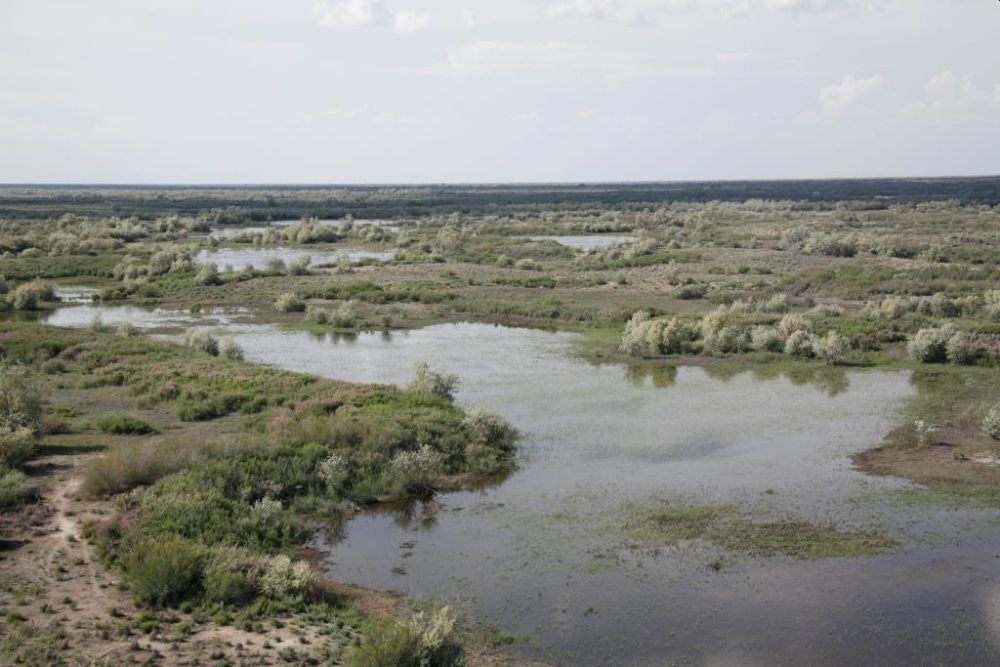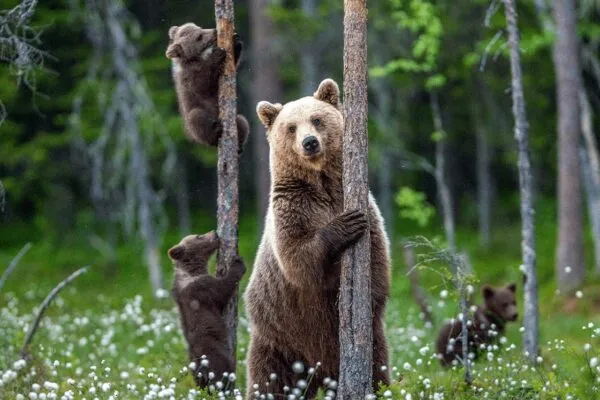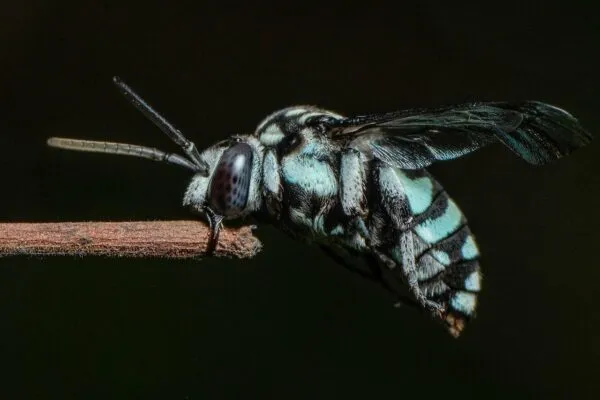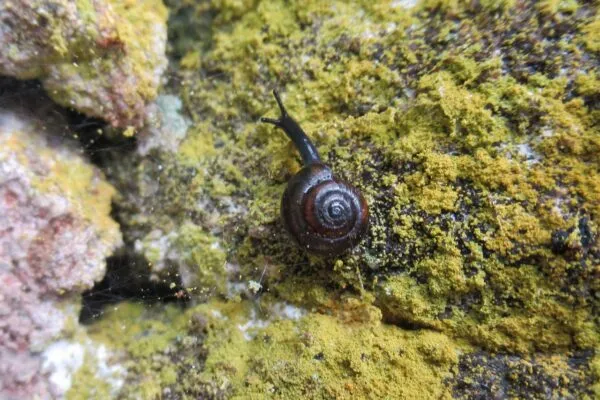Biodiversity May Take Millions of Years to Recover from Man-Made Destructions
The current rate of biodiversity degradation of the freshwater ecosystem has surpassed the destruction that ended the dinosaurs and the man-induced biodiversity destruction will take millions of years to recover, a study has found. It stated that the current extinction rate of freshwater biodiversity in Europe has exceeded the extinction rate of Cretaceous mass extinction.
Earth’s ecosystems are found to be complex and fragile. The human race expansion and industrialization have triggered mass habitat destruction, at an accelerating rate. This has also led to dramatic changes in the climate of the planet.
These factors have endangered many species while some have faced complete extinction. The situation has become so dire that many scientists have declared that we will soon face the 6th mass extinction.

Current extinction rate has exceeded that of Cretaceous mass extinction and biodiversity destruction will take millions of years to recover | Image: Hartmut Jungius/WWF
The recent study by the journal Communications Earth and Environment focused on the living and fossilized remains of the freshwater environments. These fossils helped them to examine the period of extinction and recovery.
Also Read: 20 Endangered Animals that are on the Brink of Extinction
The data has been gathered from 3,387 living and fossil specimens to estimate the rate of emergence of new species in the last 200 million years, determining the rate of extinction.
It was found that the asteroid strike that led to the downfall of dinosaurs triggered extinction in 5.4 million years. It took 6.9 more years for the speciation and extinction to level out.
Horrifying data revealed that the rate of extinction of freshwater snail in Europe is around three times higher than Cretaceous-Paleogene mass extinction. Despite our short existence on Earth, we have assured that the effects of our actions will outlast us by millions of years.
Via: New Atlas


